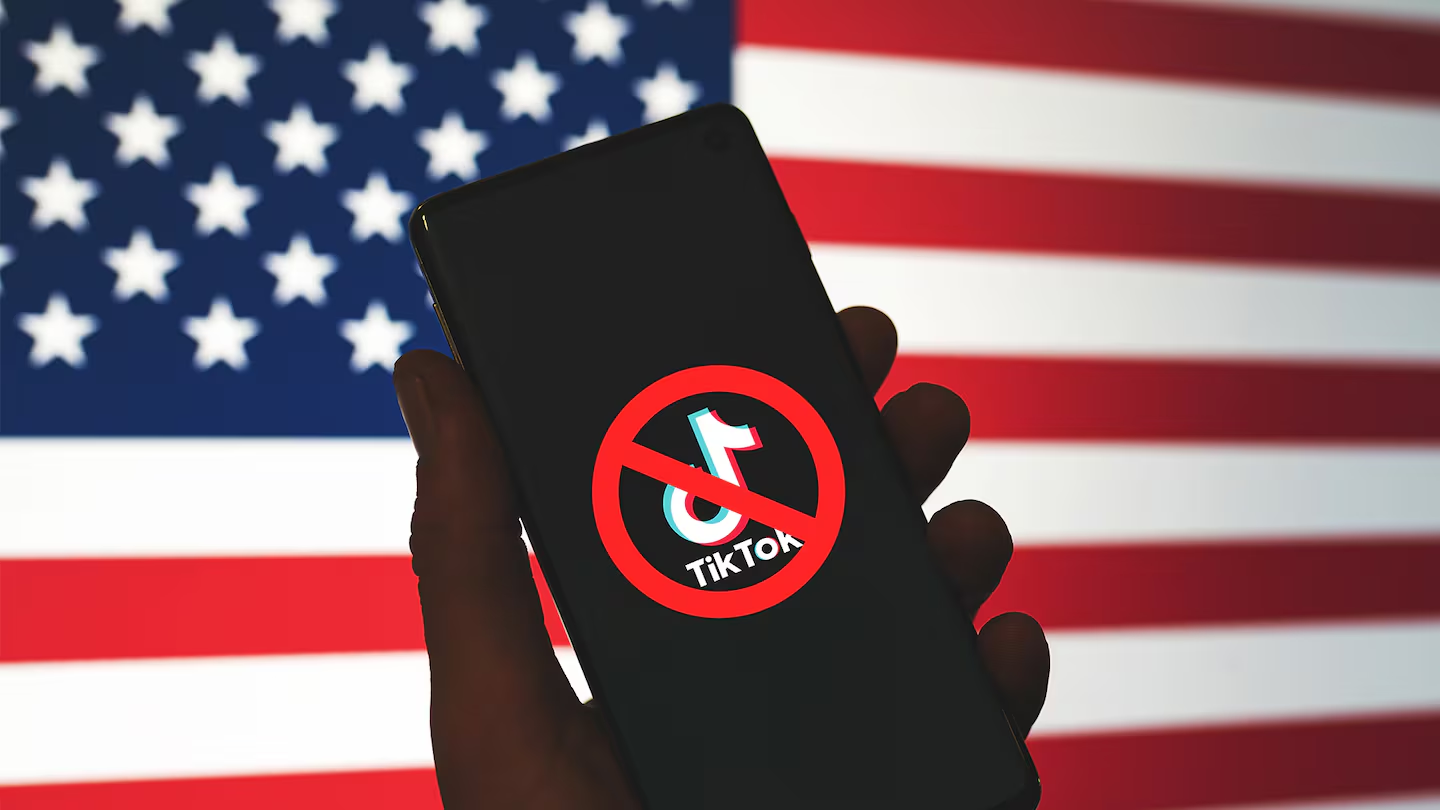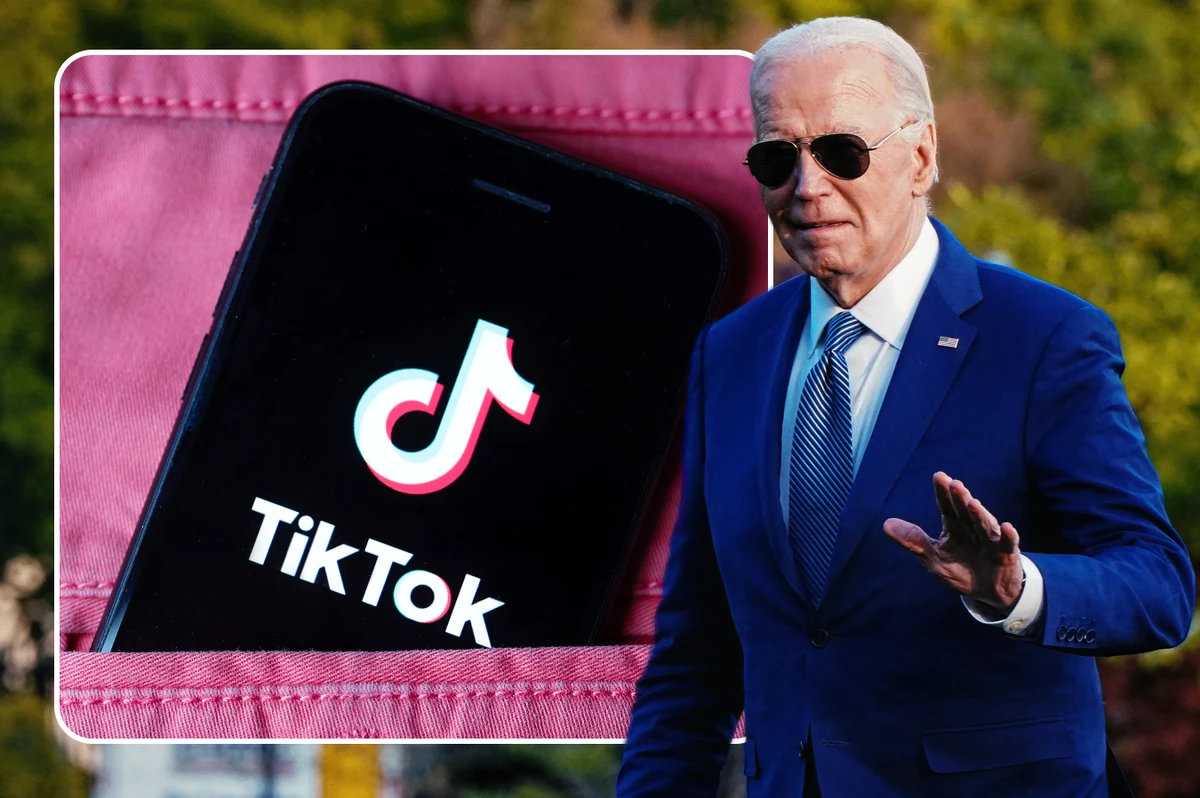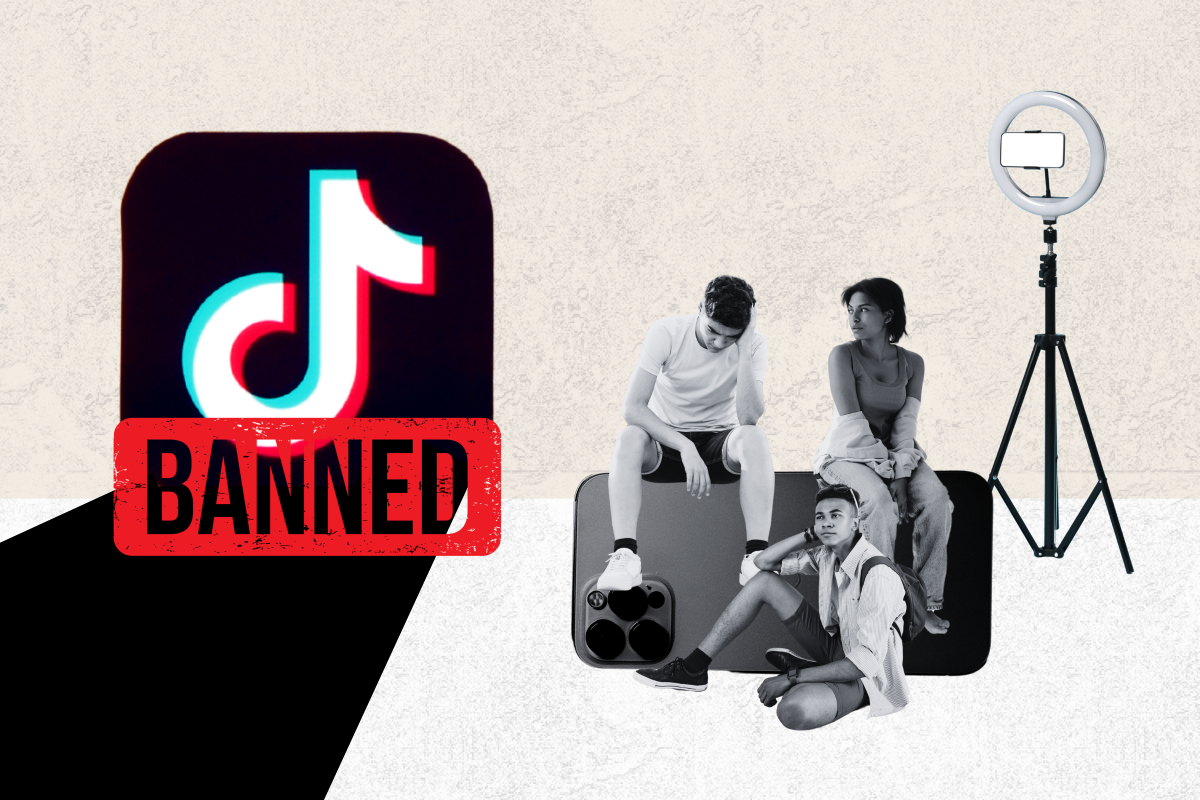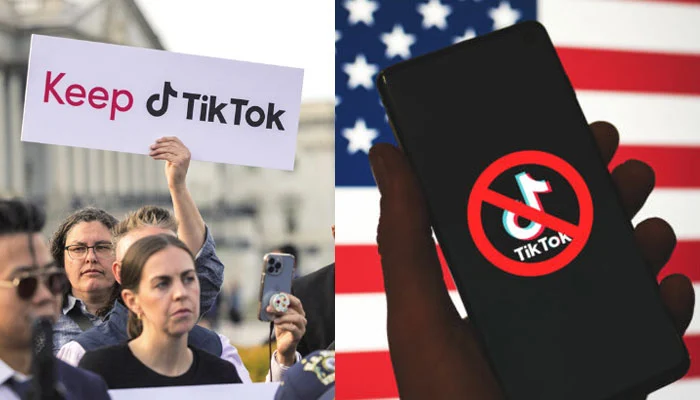Ban TikTok 2024: Urgent Decision Amidst Absolute Crisis

A bill concerning TikTok’s divestment or ban was recently passed by the US Senate. Judging by the legislation’s popularity, TikTok’s destiny may soon be decided by President Biden. The broad majority of the Senate passed the bill as, according to reports, it is essential to tackle the patihtoto Chinese-owned app’s evident problems with user data handling and potential national security threats . However, some argue that TikTok should indeed be banned, while others claim that it would constitute a violation of freedom of speech and an anti-innovative move.
TikTok’s future in the US will soon be determined as President Biden is expected to make an official statement on the issue . The consequences of this matter will have a significant and direct impact on the millions of TikTok users across the country as well as on the parent company, ByteDance. The bill is now waiting for Biden’s signature, and as a result, many people are interested in seeing the White House’s final position on TikTok and its future in the US.

The US Senate’s TikTok divestment-or-ban bill
Nevertheless, the impact of the bill concerns not only TikTok. Furthermore, the law emphasizes the tension around the issue of how to balance national security with freedom of speech and the benefits of platforms such as TikTok. On the one hand, it appears that the potential consequences from TikTok may outweigh the benefits, and the course of action is to ban the app in order to secure user data and national security. On the other hand, it is argued that banning the app creates an important precedent and restricts users freedom to enjoy it and express their views on it.
Regarding the implications of the bill for TikTok, its future in the United States is questionable. If the bill is signed into law, it is likely to compel TikTok to divest its US operations or be completely banned. The form of the divestment or the ban is yet to be determined, as the bill provides the US government with the authority to address TikTok and similar platforms . Overall, the legislation is a significant point in the context of US regulatory experience with TikTok.
The future of the app in the United States depends on President Biden, who will have to make a decision to override the bill or embrace it. While the current president’s administration has currently concern about the potential threats implied by TikTok, it has also signaled a readiness to help defend users’ rights and maintain innovation. Thus, the future of TikTok in the United States will rest on Biden’s decision and the bill he chooses to implement.
What does the bill mean for TikTok?
The potential impact on the TikTok users As the TikTok disposal-or-ban bill passes, millions of TikTok users in the United States are anxious about the fate of their favorite app. The disposal or ban of TikTok would mean an upheaval in the daily routine of millions of users and content creators who have established a base of followers on the platform. The majority used the app source of information, contenting and fun, and losing the chance to access the app would be a blow. Additionally, the potential impact is more significant than just individual users.
TikTok had developed into a cultural phenomenon, with trends, challengers, and viral content traveling quickly through the platform. The loss of the app would essentially hurt the users and destroy the cultural space. It would also disrupt the creator, influencer, and brand ecosystems that had established a presence, potentially affecting the economy. TikTok’s regulatory challenges in the US Tiktok has a history of troubles associated with regulatory concern in the United States due to the links to China. TikTok produced by the Chinese company Bytedance was fairly new in the United States having been released in 2018 and rapidly reached popularity in the country.
However, the growth of the platform provoked alarms among the congress and government’s prominent members, who saw it as a potential threat. In August 2020, the Trump administration acted against Tiktok, claiming it posed a national security threat . President Trump signed executive bills which could ban the use of the app in the United States or force the company to sell. Several suits were filed against the order, and the app continued to operate through July 2021.

The potential impact on TikTok users
The US Senate’s decision to pass the TikTok divestment-or-ban bill is simply the latest development in the ongoing series of regulatory hurdles faced by TikTok in the United States. As such, the move is indicative of the growing bipartisan consensus that TikTok’s affiliation with China and its data management practices need to be more closely examined and acted upon. TikTok’s reaction is swiftly to follow. TikTok made a concerted effort to address these issues while operating in the United States.
The company has made a number of public commitments to enhancing user data protection and security and to disavowing the Chinese government. It has also made efforts to become more accountable and…transparent In response to the TikTok divestment-or-ban bill, TikTok expressed disappointment and promised to work with the US government. A TikTok ban or divestment, according to the company’s perspective, would be an overreaction that would restrict users’ freedoms to choose and access new sources. It is also drawing attention to the economic consequences of their presence in the United States, such as employment and small businesses. ban or divestment, TikTok is not only the loser.
TikTok support would also succeeded in harming the economy . Such sanctions, according to TikTok, would have a negative impact far beyond its operations. The new administration, Joe Biden, is also weighing in on the TikTok debate. Although the Biden administration’ has not divulged full information about its approach to TikTok. However, the new administration has shown no signs of backing down from the Trump administration’s allegations.
The history of TikTok’s regulatory challenges in the US
An executive order signed by President Biden in February 2021 directed a review of “foreign adversary-owned or -controlled software applications.” According to the order, “to the extent permitted under applicable law, Federal agencies shall review software applications, including TikTok. That may present an undue or unacceptable risk to the national security of the United States and the American people.” A TikTok divestment-or-ban bill adds another layer of complexity to the administration’s TikTok approach.
If the bill is eventually passed to the President for his signature, President Biden will weigh the national security factor against the possible bill consequences on the users’ rights and more extensive cultural and economic implications. Alternatives to TikTok owing to the uncertainty surrounding TikTok’s future, some TikTokers have started exploring TikTok alternatives. These include: 1. Instagram Reels: Backed by a large user base already familiar with the platform and an integration of features that enable users to post on both Instagram and a short video format, Reels has been a successful TikTok clone among TikTok influencers. 2. Youtube Short.
With existing users and excellent monetization options, Short has been a popular choice for TikTokers wishing to diversify their future and safety issues. 3. Triller: Known for its quality video editing tools and AI, Triller also offers TikTokers the much-required sound license that enables creators to mimic trends freely. Another notable TikTok alternative is Byte. The competition is integrating the short-video recording pool and content production market, but it is yet to become the significant challenger.

TikTok’s response to the bill
How have other countries handled the presence of TikTok? The problems associated with TikTok are not a national issue faced by the use in the United States. Many countries face similar problems on how to curb its use and have taken different reactions as a response. India is a perfect example of a country that took action by banning the application together with other Chinese apps in 2020. The country said that the ban was due to national security .
Other countries have allowed its use but put measures to ensure the user does not revel or enjoy the originality of the apps the regulatory bodies have to keep monitoring what TikTok is up to and ban them once they realize the real nature. The variation in how countries have taken action against the use of TikTok sums up the problem the platform presents on embracing national security and promoting creativity. Implication to other social media TikTok divestment-or-ban bill has a broad impact outside the ban.
The act can cause a social media issue that might change the way the rest will be using the same apps. The ban raised a debate on how to consider social media platforms responsible for what may be going wrong with the rights of the users and the exposure of the countries’ security concerns . If the act is passed, it can help in setting up a stage that will directly or indirectly affect the future actions. The bill will encourage the users to need the crazy and the character of social media to protect user’s rights while focusing on boosting their operations.
Conclusion
The US Senate passing the TikTok divestment-or-ban bill is a pivotal event in the long-lasting legislative saga of the app with millions of users. Regardless of the outcome of this bill, much depends on whether the app will be banned or restructured . The statement of President Biden on the granting or denial of powers to the government to shut down the app highlights the constant discussion and contest between emphasizing the national security prerogative and allowing for freedom of expression and development.
The stakes are high and the implications are huge, as millions of people of all ages and social statuses rely on the app in their everyday life. There may be alternative apps and sites, but TikTok’s success ensured by the unique algorithm and system of engagement make it difficult to find a true replacement. If you found this article insightful, we invite you to explore our coverage on other pressing global issues, such as our analysis of North Korea geopolitical dynamics and its implications for regional stability. Thank you for engaging with our content.
Leave a Comment